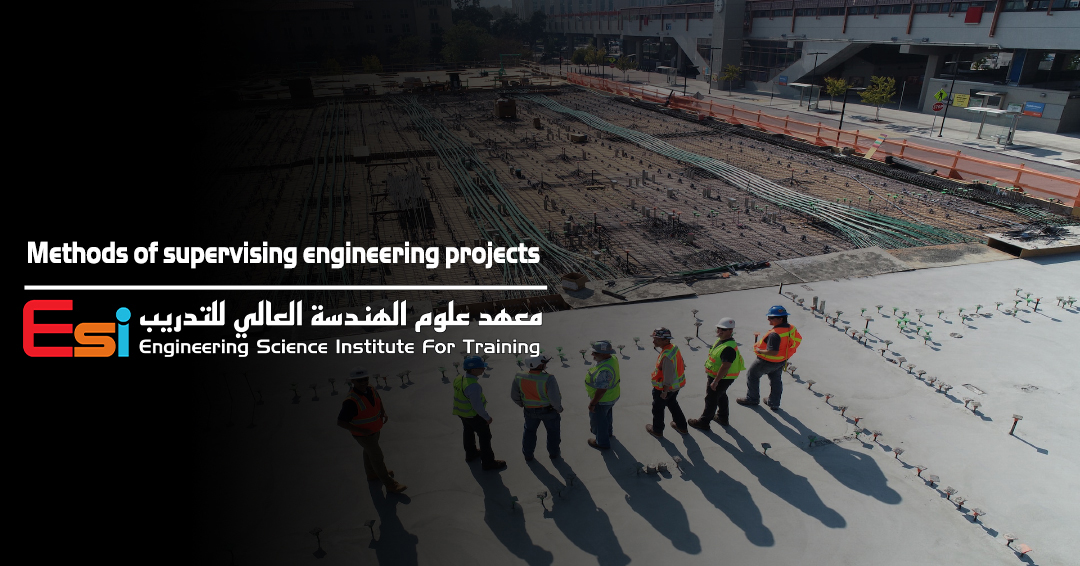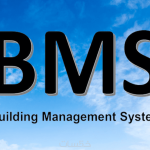Supervision of engineering projects is essential to ensure successful completion of projects on time and within budget. There are various tools and techniques used for engineering project supervision, and in this article, we will discuss some of the most important ones.
- Project Planning:
Project planning is one of the most critical stages of engineering project supervision. This stage involves identifying the necessary tasks to complete the project, determining the start and end dates of each task, and identifying the resources required to complete the tasks, such as labor, equipment, raw materials, and finances. The project supervisor must work diligently in this stage to achieve the project’s goals successfully. - Project Scheduling:
After identifying the necessary tasks to complete the project, a project schedule is created. This project schedule includes identifying the start and end dates of each task, as well as identifying the tasks that can be completed simultaneously. This schedule helps prioritize and organize efforts to maintain the project’s defined timeline. - Cost Monitoring:
Engineering projects require significant costs, so monitoring costs regularly is necessary to ensure that the project is completed at a reasonable cost. The project supervisor must monitor costs, determine the project budget, and manage it effectively. - Risk Management:
Risk management is one of the most critical methods used in engineering project supervision. The project supervisor must carefully consider events that may affect project implementation, identify the necessary actions to deal with these events, and plan for contingencies. - Effective Communication:
The engineering project supervisor must communicate with all parties involved in the project, including clients, contractors, suppliers, architects, and others. Effective communication helps identify potential problems in the project and solve them quickly before they affect the work schedule and project cost. - Monitoring and Evaluation:
The engineering project supervisor must monitor the project’s progress regularly to ensure that it is completed on time and within the defined budget. The supervisor must have a good understanding of all aspects of the project, monitor progress and verify quality. - Training and Development:
The engineering project supervisor must provide training and development for the project team. This helps improve the team’s skills and efficiency in completing tasks. Additionally, the supervisor can identify the skills that the team needs and provide the necessary training to improve them. - Use of Modern Technology:
Modern technology is widely used in engineering project supervision. Project management systems and computer programs for design and simulation can be used to improve project quality, schedule work, and reduce costs.
Engineering project supervision tools and techniques vary depending on the project type, size, and field. However, in general, the engineering project supervisor must have the necessary experience and technical knowledge to identify risks, improve work quality, control costs, schedule work, and communicate effectively with all parties involved in the project.




